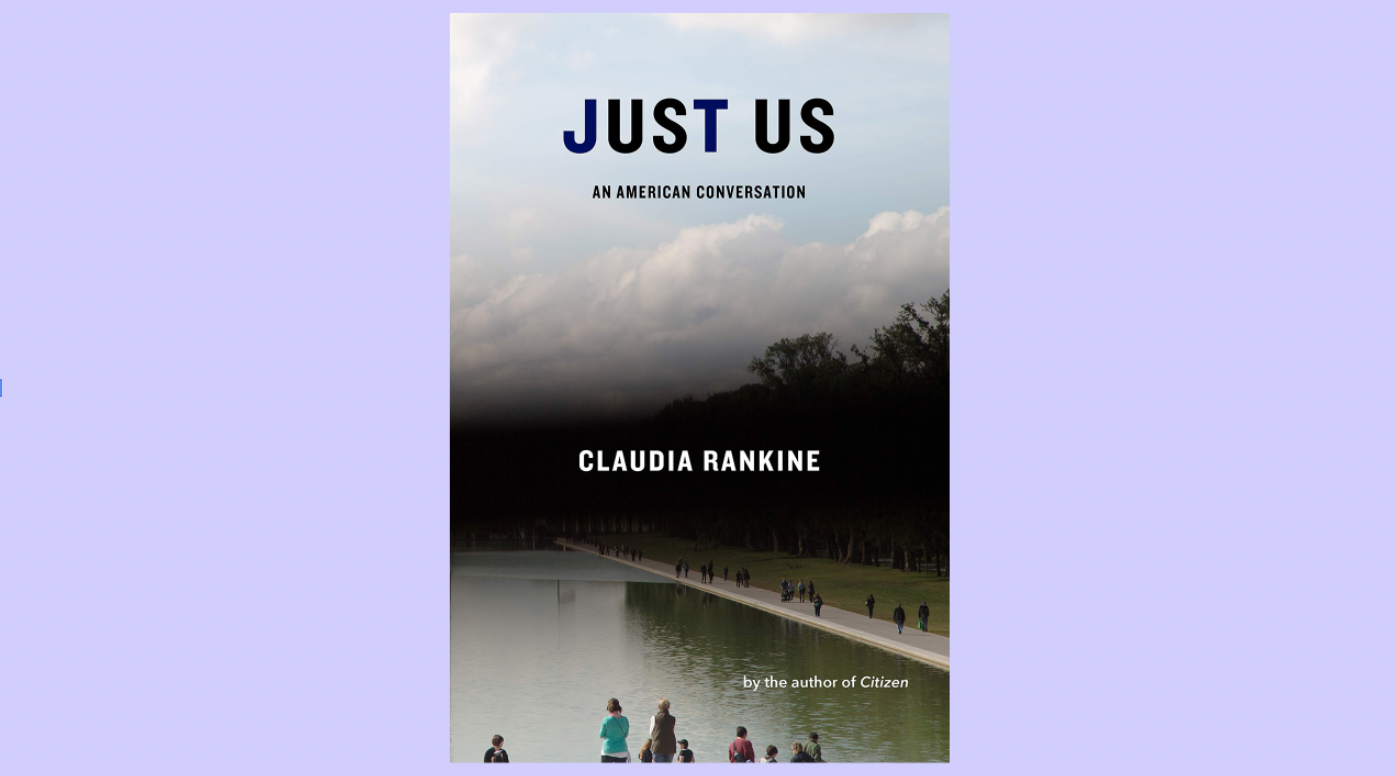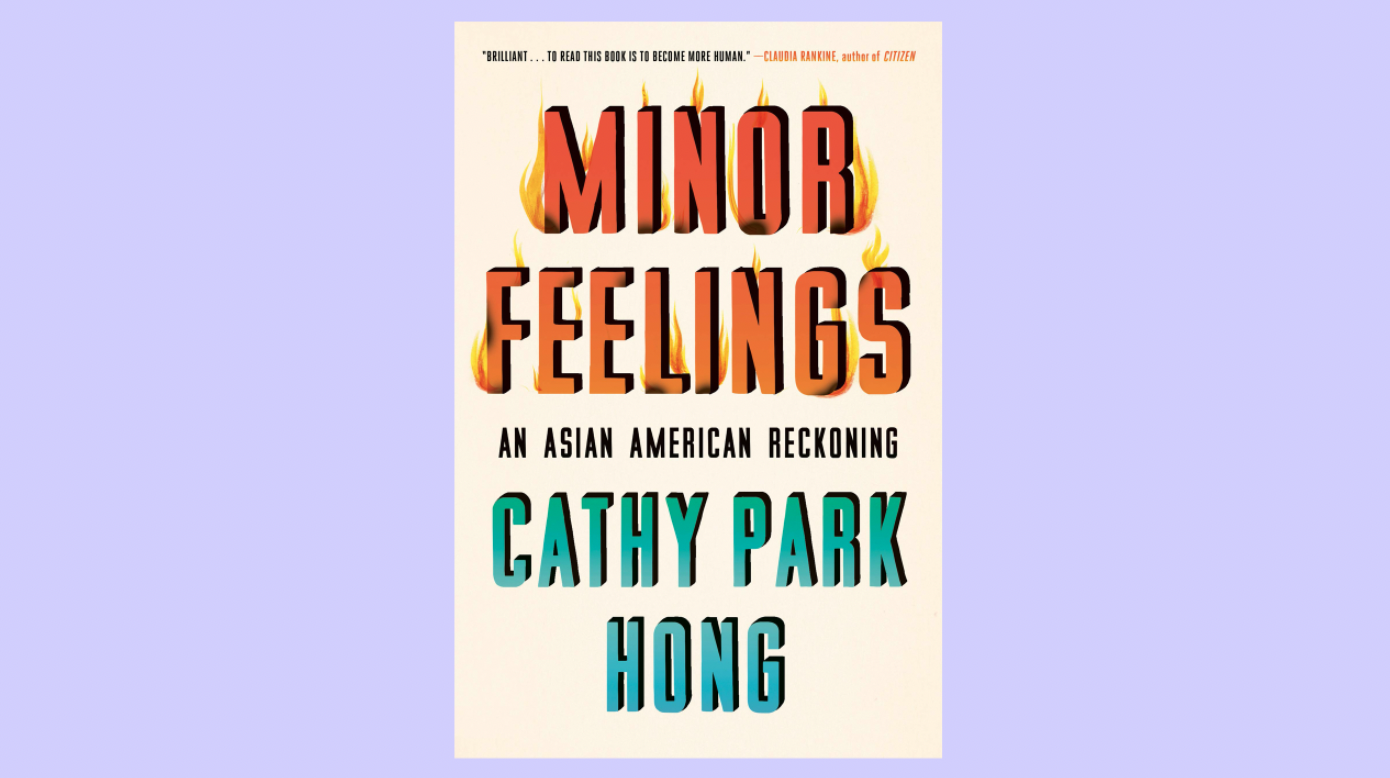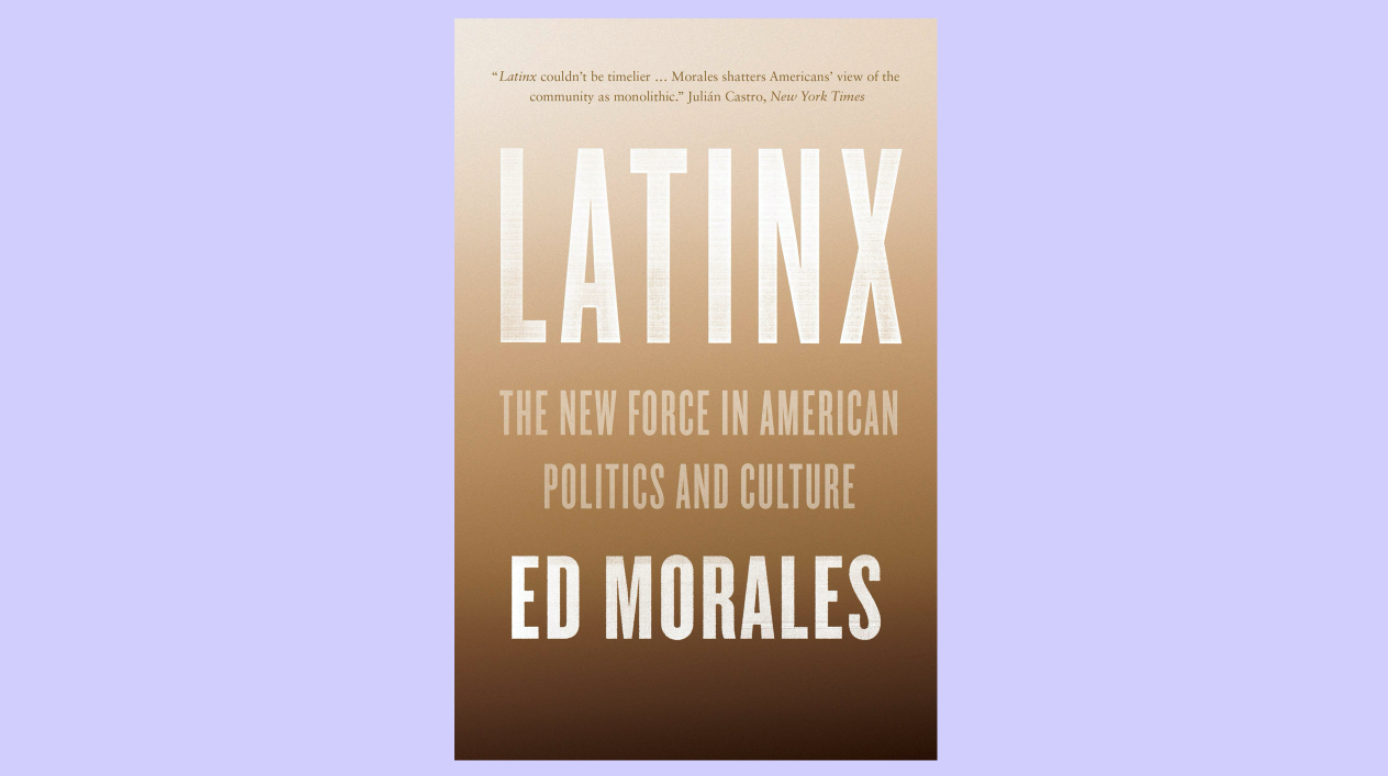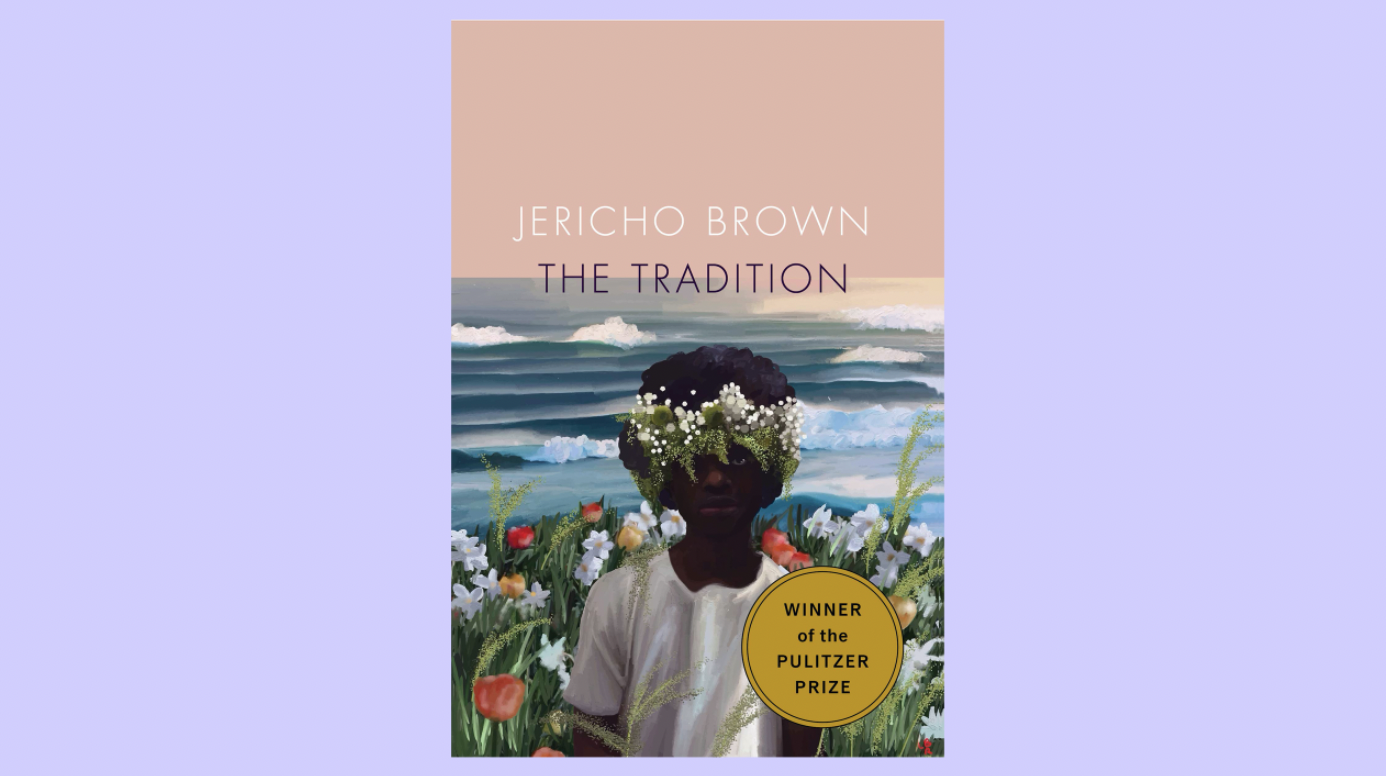In 2014, the same year as the protests in Ferguson, MO over the death of Michael Brown, Claudia Rankine published Citizen. It was, and is a tremendous work that has gone on to win award after award and change the life of many. Just Us comes out at an eerily similar time in our country. And it builds on many of the themes of its predecessor. It includes conversations with strangers, friends, and family that are everyday interactions, yet ones that leave its author and its reader spellbound, transfixed by the gulf between them, between us. While it doesn’t provide answers, or prescriptions to those issues, it does an unrivaled job of engaging its reader in the beginning of a conversation that is of unparalleled importance.
I had the pleasure of speaking with Rankine about her work. She recommended five books around the racial imaginary, discussed her margin annotations, and delved into some of the issues affecting American culture today.

Daniel Modlin: Tell me about the theme you selected.
Claudia Rankine: I thought about different approaches to the racial imaginary — writers who I’m reading who have a really broad imaginative and scholarly line of inquiry into thinking about it.
The first book is one I’m extremely interested in right now. It’s Cathy Park Hong’s Minor Feelings: An Asian American Reckoning and what I love about it is it tries to open up the Black/white binary in order to show how Asian Americans are positioned inside that story. She does it from the point of view of Asian artists and herself looking at her own interactions with friends and her own development as a writer and an artist. She opens up the dynamics around things like the LA riots — after the beating of Rodney King and the crazy court decision that ended in favor of the police based just on what we could see on the video.

DM: History is an interesting theme for you. I mean, the structure of your book forces a re-reading to take place. You have these red dots that bring you to the page before where you offer more context.
CR: Yeah—the writing is only half the work for me. I’m really interested in how to get the structure to, in some way, mimic the intent of the project. Both Citizen and Just Us ask for an involvement from the reader — and that means you’re going to lose readers — but that also makes you feel like you’re part of it.
I really learned a lot reading Minor Feelings. There was this whole period inside of the LA Riots that I only knew partially and by taking on the personalities of many people involved, [Cathy Park Hong] really shows a lot of the relationships between Asian American communities and Black Americans during that time.
Another book I’m reading right now is Ed Morales’ Latinx. I like it for similar reasons. There’s a way in which racialized politics have been pivoting between African Americans and white Americans but the Latinx community has always been in there as well. They’re dealing with the same kinds of modes of surveillance and policing that Blacks are subject to. Especially under the current administration, the Latinx community has been subject to all kinds of attention and with the building of the wall and with all of that going on I just feel like it’s a really important book to be reading right now.

DM: Something I loved about your book was the approachability. It really unfolds as a conversation where there’s room to learn and find answers. Having these conversations is difficult and you parse through them with white men in public, like on a plane, and you force the reader to engage in these conversations you had, not to just read them but to be an active participant.
CR: I think that’s because my reading life is about having similar conversations with other books.
DM: Are you a big margin annotator?
CR: Oh yeah — especially these I mean they offer me an even larger understanding of the subject I’m looking at in Just Us. What’s happening in the Latinx community? What does it mean that some can see themselves as white and some see themselves as people of color? When you think about racial differences as also a visual coding by those who see yours rather than what you identify as, that construction is really profound and it gets the most attention in the Latinx community.
DM: Really?
CR: Sure — Obama’s election really was an incredible meeting of Black community, the asian community, and the Latinx community and it’s those three groups that brought him forward — even if white people like to think that they did it. It was that notion of post racial America being marked by his presidency — which is at this point almost laughable.
The next book is Jess Row’s White Flights. It’s a little more literary but he’s interested in the ways in which white authors have centralized whiteness and how and why professors have taught those books, himself included perhaps at times, with the notion that we should just believe in the structure where whiteness is at the center.
This really lets me go back to the classics and reframe them because I don’t believe in throwing things out — I think these people are incredible writers but what does it mean that they are writing from a position where they can only see white people as the people?

DM: I think that’s really timely given Trump’s attacks on critical race theory.
CR: For an eternally fascinating read, W.J.T. Mitchell’s What Do Pictures Want? is one. I’m interested in thinking about how we trade violence and trauma through images. We have all of these images in circulation of Black people being killed by white policemen — whether it shows them kneeling on George Floyd’s neck or Darren Wilson or shooting Michael Brown, whatever it is. With Brionna Taylor we don’t have videos that often for Black women because the actual killings happen inside their house, and even with Sandra Bland we don’t see the moment of her death.
DM: That’s really interesting. I’m sure you’ve seen the aesthetically pleasing images we choose to share instead - like on Instagram, every time I log on I’m barraged with a beautiful typeface that says something along the lines of “Arrest the Cops who Murdered Breonna Taylor.” I’m curious how effective you think these images, and others like them, are, especially as a poet who intersperses images throughout her own work.
CR: Well, in Citizen I used mostly high forms of art — oil paintings — and in Just Us I think there’s only one. It’s photographs, some taken by me, tweets. Mitchell’s book does an excellent job of exploring how images position people’s ideas of who they are and what they’re attached to. It’s like the statues being taken down, you know, I read this really great piece in The New York Times where this Black woman says something along the lines of, I don’t understand why people are concerned about taking down the statues, if they want something to commemorate the Civil War, all the need is to look at me.
DM: Wow. So you’ve recommended four books and none of them have been poetry. And yet, your own writing is so poetic.
CR: Well the last book I’d like to recommend is Jericho Brown’s The Tradition. I love Jericho's tendency to move from the very specific to the larger political dynamics. His craft is just so exquisite.

DM: I think that’s something you do really well, too. I saw Just Us as a work that explores our tendency as a society to jump to conclusions. And I enjoyed it because it forces you to kind of be OK not necessarily having an answer and feeling a little unmoored.
CR: Just Us will be a book not everyone will like because I don’t like jumping to conclusions. I think things roll out once you step back and see the whole picture and the ramifications of certain actions. But there is a kind of person that is necessary to our society because they actually do stuff. In the doing of that stuff, they have to be sure of themselves — and so they might ask, where do you tell us what to do? And I don’t. I don’t have the illusion of that kind of power. That’s the whole point of the book. I’m a Black woman on the sidelines trying to say, “Oh my God, look what we did.”
Interview edited for clarity.
Scouted selects products independently and prices reflect what was available at the time of publish. Sign up for our newsletter for more recommendations and check out our coupon site for more deals. If you buy something from our posts, we may earn a small commission.





